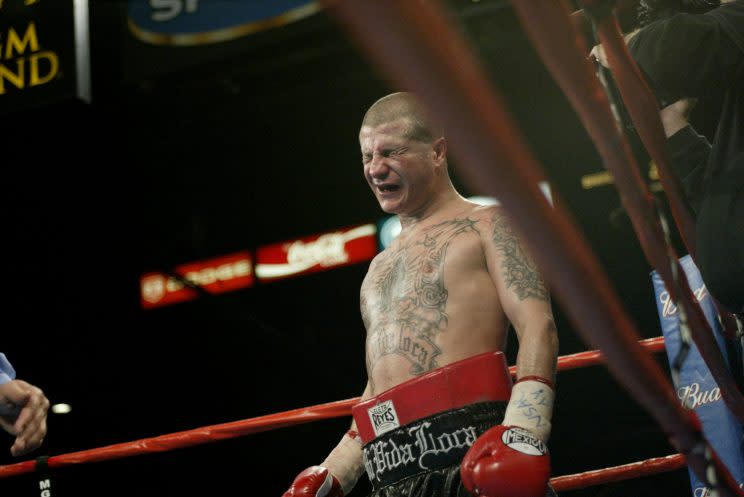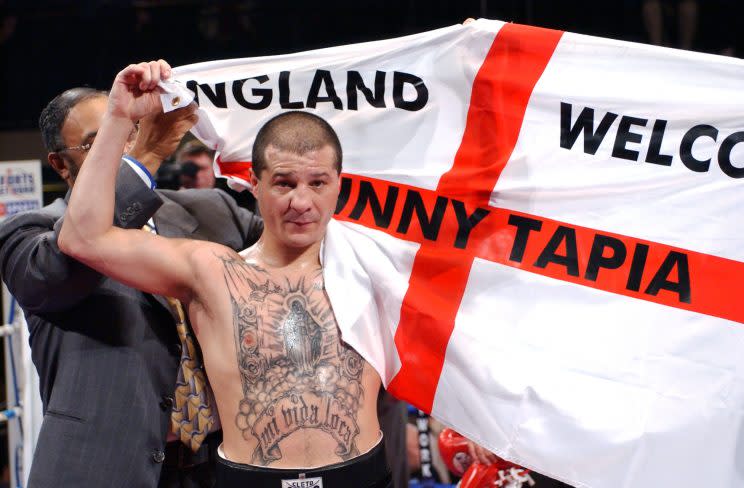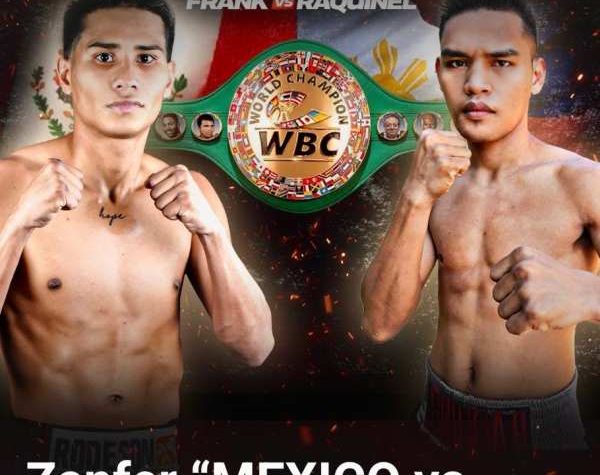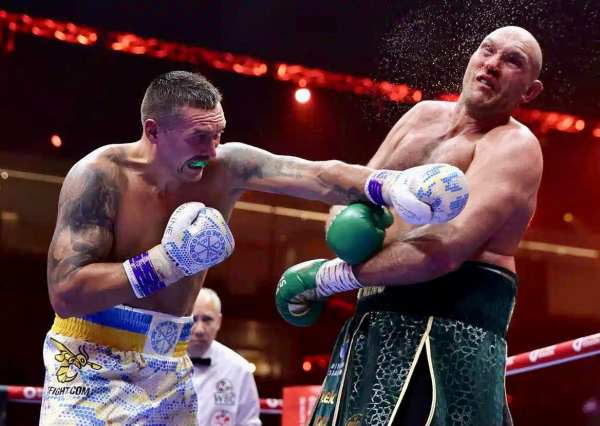
Johnny Tapia would have turned 50 next May, and I have no doubt that had he still been alive, he’d be begging for just one more fight.
Boxing saved the lives of countless fighters over the years, but none moreso than Tapia. He lived a haunted, loving, tragic and amazing life, dying at the way-too-young age of 45 in 2012 before he could see the moment that made most of his sacrifices worthwhile.
Tapia was one of seven men elected Tuesday to the International Boxing Hall of Fame, joining former heavyweight champion Evander Holyfield, multiple-weight champion Marco Antonio Barrera, trainer Johnny Lewis, legendary ring announcer Jimmy Lennon Sr., judge Jerry Roth, journalist Steve Farhood and broadcaster Barry Tompkins.
Tapia’s selection is heart-rending for so many. He touched so many lives in so many ways, and despite being one of the toughest men on the planet, he was as needy as a child.
This is a guy who as an 8-year-old witnessed the rape and murder of his mother. It would haunt him until the end of his days. He never knew his father, who was murdered while his mother was pregnant with him.
On the night of his wedding, he overdosed on heroin and was declared clinically dead. It was one of at least four times he was declared dead but survived.
And that’s what Johnny Lee Tapia was more than anything else: He was a survivor. He survived drug addiction, he survived jail time, he survived the streets of Albuquerque, N.M., where for every one who made it out, there were 20 others who did not.
Though he betrayed the trust of just about every person who had ever tried to help him, including those who loved him most, he never had a shortage of people who would step up and go to the ends of the Earth to aid him.
He’s a Hall of Famer because he went 59-5-2 and won world titles at super flyweight, bantamweight and featherweight. But if truth be told, he might not have gotten in had he had a normal life, without all of the accompanying baggage.
His ring name was “Mi Vida Loca” — My crazy life — and that story is part of who he became. It was hard to believe hearing him describe incident after incident that this man was sitting there talking to you, explaining his plan to conquer yet another hurdle in life.
He was beloved by the media, by virtually everyone in the boxing business and most of all by his legion of fans who supported him fully no matter what.
As a boxer, he was very good but perhaps not great. But he was fearless, and if he wasn’t afraid staring down the barrel of a loaded pistol with the hammer cocked, he wasn’t going to be afraid of another man with eight-ounce gloves on his hands.
He was fast and smart, seeing things two or three steps ahead in the ring. He had the natural instincts of a fighter, likely honed from bloody fights on the streets long before his teen-aged years.

He persevered and overcame because he knew no other way. Surviving a boxing ring was easy given the fact he survived his adolescence.
Each of the men chosen for the International Boxing Hall of Fame on Tuesday was uniquely qualified. Holyfield had legendary wins over the likes of Mike Tyson, Riddick Bowe and others, and never backed down from a challenge.
Barrera was one of the best fighters in the world in three separate divisions, participated in some of the most memorable bouts of the 20th and early 21st centuries and piled up wins and championship belts like some kids do trading cards.
Roth was one of the world’s finest judges — maybe the best — and he scored over 200 world title fights.
The others all have qualities that earned them their place among the boxing immortals.
But none of them went through more than Tapia, and none deserved selection more than the small man with the big heart from Albuquerque, N.M.
He was a born fighter, and it’s appropriate his final resting place is in Canastota, N.Y., among the greats of a game that was his refuge, his passion and his life.






More News
Liu Gang, Brico Santig Join Forces
Highland’s Double Impact: August 18 at Lumpinee
Balajadia, Atencio in Action in Thailand